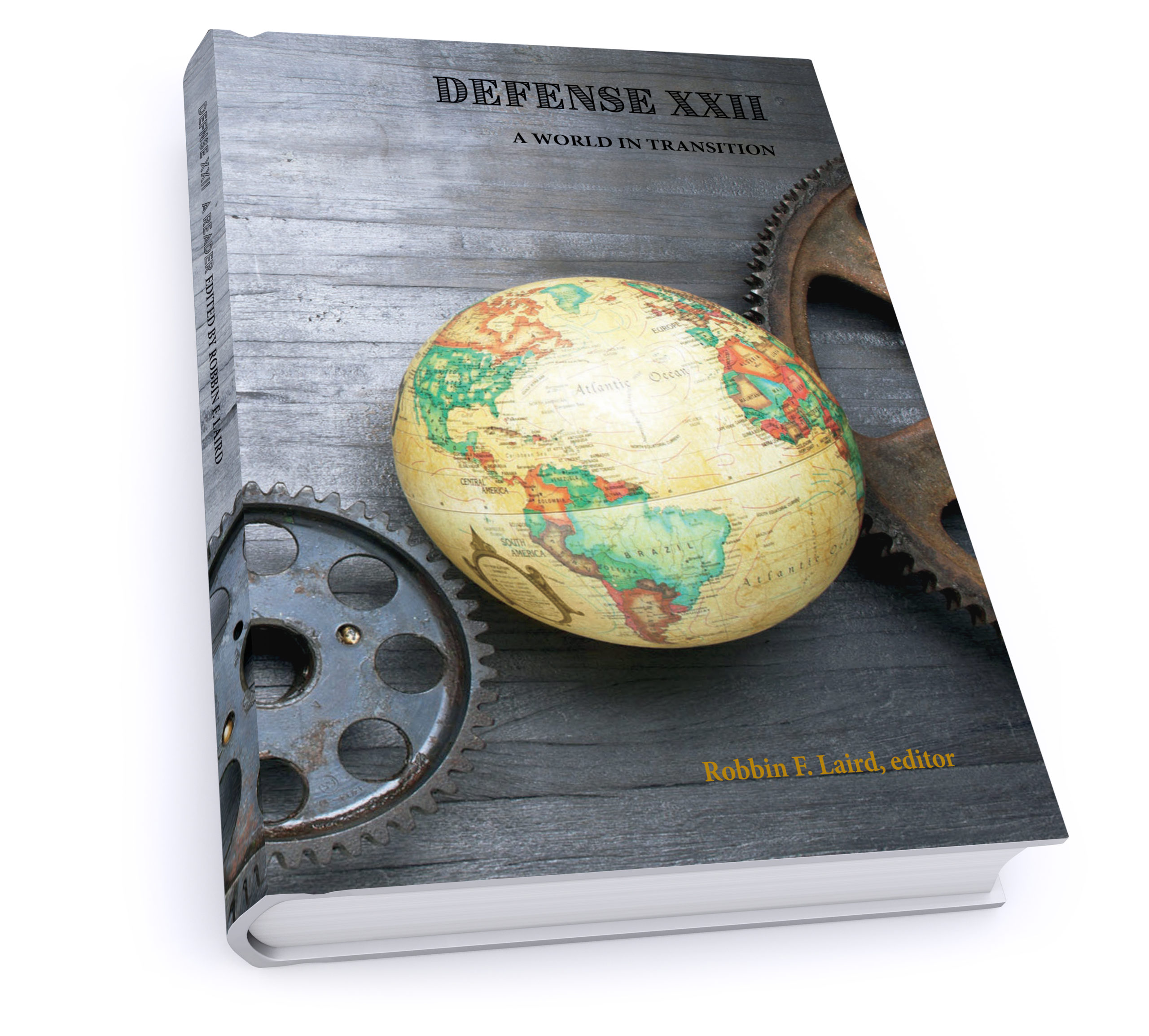Robbin Laird and his collaborators have produced here a remarkably important and timely collection of essays on the most challenging moment in recent global history.
And they have done so in large part by giving a voice to many of those involved in responding on a day-to-day basis to the major shifts taking place in the geo-political re-configuration of global power.
No punches are pulled here.
Which makes for a dynamic, irresistible, and important contribution to the current debate over the dilemmas that the world faces.
This is essential reading for anyone facing the emerging new world of disorder and seeking to navigate its turbulent waters.
And it is a reminder that the post WW2 world order was built by individuals who has a very solid idea based on bitter experience of what they wanted and what they wanted to avoid.
It is very doubtful, regrettably, that the current leadership of the “west”, in particular, has similar experience or similar skills as the world order build after WW2, collapses around them.
The first section brings together essays on the world in conflict in 2022, which are assessments of the challenges facing the liberal democracies as we enter a new historical epoch.
The second section brings together essays that Laird published in a series on Breaking Defense. According to Aaron Mehta, the editor of Breaking Defense, “This is the latest in a series of regular columns by Robbin Laird, where he will tackle current defense issues through the lens of more than 45 years of defense expertise in both the U.S. and abroad. The goal of these columns: to look back at how questions and perspectives of the past should inform decisions being made today.”
The third section focuses on the allies and their reworking of their approaches to defense. With 2022 and the war in Ukraine, the liberal democracies clearly saw a change in how they were considering defense and security policies. This was clear as Australia focused on its direct defense, the Nordics focused on re-thinking Northern European defense and security with Finland and Sweden applying for NATO membership, the Central Europeans became clearly front-line states facing a war zone, and China turned more inward, more authoritarian, and more threatening as President Xi consolidated his hold on power.
The fourth section highlights selective military innovations, including evolving concepts of operations that the U.S. and allied militaries have entertained or implemented during the year.
The fifth section focuses on a specific aspect of this change, namely unmanned systems.
The sixth section is entitled “Facing the Future.” It focuses specifically on the war and Ukraine and its cascading consequences.
As military analyst George Galdorisi noted: “Few books are both readable and informative, but Defense XXII: A World in Transition is that rare book that hits that mark. Building on two previous volumes in 2020 and 2021, this book is positioned to be one that deserves a place, not on the bookshelf, but on the reading table, of those who will influence tomorrow’s global security paradigm.”




